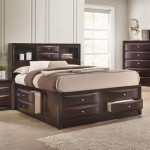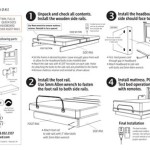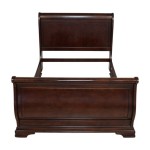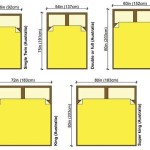Is Galvanized Steel Safe for Garden Beds?
Galvanized steel is a versatile material often used in gardening applications. It can provide several benefits, but its safety for garden beds has been a subject of debate. This comprehensive guide will explore the essential aspects of using galvanized steel for garden beds and provide evidence-based insights to help you make informed decisions.
What is Galvanized Steel?
Galvanized steel is a type of steel that has been coated with zinc. The zinc coating provides protection from corrosion and rust, making it more durable and long-lasting. Galvanized steel is widely used in construction, automotive, and agricultural industries.
Potential Concerns with Galvanized Steel for Garden Beds
The primary concern with using galvanized steel for garden beds is the potential release of zinc into the soil. Zinc is an essential nutrient for plants, but excessive amounts can be toxic. The concern arises when the coating degrades and contaminates the soil with high levels of zinc.
Zinc Toxicity in Plants
Excessive zinc in the soil can lead to various issues in plants. These include:
- Reduced growth
- Yellowing of leaves (chlorosis)
- Impaired nutrient uptake
- Increased susceptibility to diseases
Factors Affecting Zinc Release
The release of zinc from galvanized steel into the soil is influenced by several factors:
- Soil pH: Acidic soils facilitate zinc release.
- Moisture: Water can promote corrosion and zinc release.
- Soil texture: Sandy soils are more susceptible to zinc leaching.
- Coating thickness: Thicker zinc coatings provide better protection.
Research Findings
Numerous studies have investigated the safety of galvanized steel for garden beds. While some research indicates that zinc release can occur, the extent varies depending on the factors mentioned above. Studies under simulated garden conditions have generally shown low levels of zinc released.
Recommendations for Safe Use
To minimize the potential risks associated with using galvanized steel for garden beds, consider the following recommendations:
- Choose galvanized steel with a thick coating: A thicker coating will provide better protection against corrosion.
- Avoid acidic soils: If your soil is acidic, amend it with lime to raise the pH.
- Provide adequate drainage: Good drainage prevents waterlogging, which can accelerate corrosion.
- Test your soil: Regularly test your soil to monitor zinc levels. If zinc levels exceed optimal concentrations, consider using alternative materials like raised wooden beds.
- Plant tolerant varieties: Some plant species are more tolerant to high zinc levels. Choose these varieties for your garden.
Conclusion
Galvanized steel can be a suitable material for garden beds when used responsibly. By understanding the potential concerns and following recommended best practices, you can safely use galvanized steel while minimizing the risk of zinc toxicity in your plants. If you have specific concerns or your soil is known to be acidic or poorly drained, consider opting for alternative materials to avoid potential issues.

Are Galvanized Steel Garden Beds Safe Epic Gardening

Galvanized Steel Raised Garden Beds Plans Tutorial Growfully

Raised Garden Beds Galvanized Metal Vs Wood Huw Richards

Are Galvanized Steel Garden Beds Safe Epic Gardening

5 Misconceptions Of Metal Garden Beds Why They Are Safe Sunnydaze Decor

Galvanized Raised Beds Big And Small Kits Diy Options

Galvanized Raised Beds Big And Small Kits Diy Options

Is It Safe To Use Galvanized Metal For Raised Beds Crate And Basket

Is Galvanized Steel Safe For Garden Beds All You Need To Know

Raised Garden Bed Materials What S Good Epic Gardening







